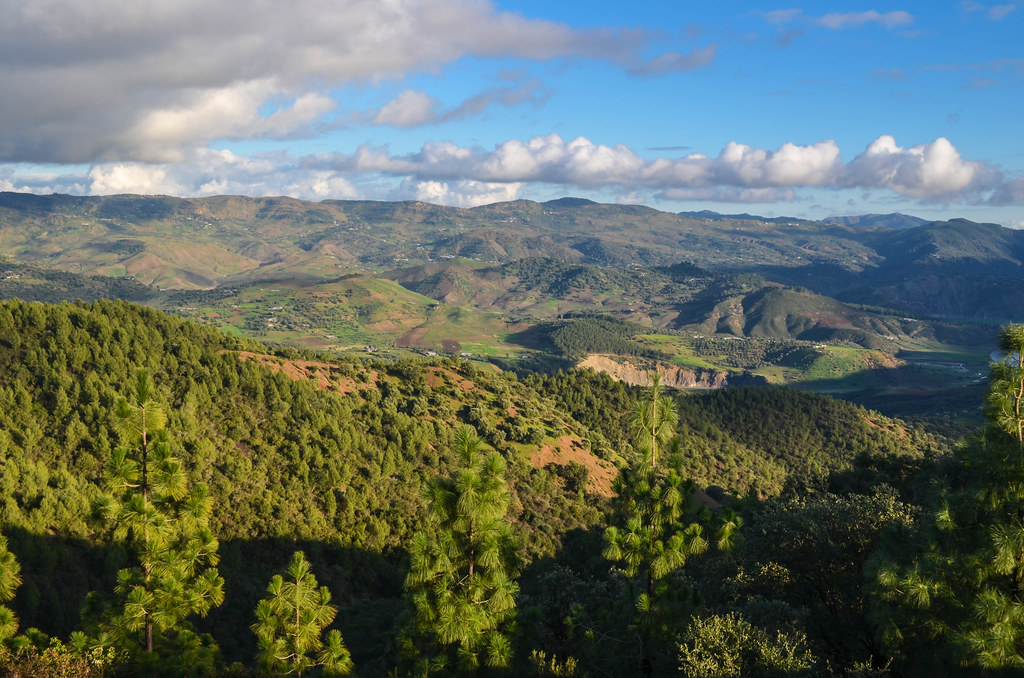Enthusiasm is building for cannabis production in Morocco, with the National Agency for the Regulation of Cannabis-Related Activities (ANRAC) reporting a surge in licenses issued since the start of 2024.
ANRAC said it has approved nearly 3,000 licenses this year; the agency issued just 609 in all of 2023.
The regulator did not break down the numbers when it comes to marijuana vs. industrial hemp licenses, but the government appears to be putting a greater emphasis on pot production to the disadvantage of hemp.
Morocco’s cannabis law, established in 2021, lets farmers in traditional weed-growing regions legally cultivate marijuana for medical use and hemp for a full range of industrial, food and other applications. Recreational cannabis remains illegal. The government has said it hopes to attract international operators, generate tax revenues and create jobs by transitioning the informal cannabis market into a formal economy.
Geographic limitations
Morocco’s legal framework for cannabis aims to stimulate local development, especially in rural areas affected by the illegal cultivation of marijuana. Only three provinces – Al Hoceima, Chefchaouen, and Taounate – are authorized for cannabis growing, all of which are located in the High Rif region of Morocco, a hotspot for illicit cannabis for centuries.
According to government figures, marijuana is a primary source of income for an estimated 400,000 Moroccan growers. That means the farmers the government is trying to lift up are much more likely to grow marijuana because they have experience with pot cultivation, which also brings a greater financial incentive.
ANRAC reported earlier this year that the country’s first medical cannabis harvest in 2023 produced 294 metric tons of biomass. By contrast the regulator said one cooperative had exported 55.5 kg of hemp-derived CBD resin with a THC content of less than 1%, and 10 kg of hemp flowers with a THC content of less than 0.3% to a customer in Switzerland. Morocco’s THC limit for industrial hemp is 1.0%.
Overly strict on hemp
Also reflecting a marijuana-centric policy in Morocco, the government has not carved out specific rules for industrial hemp, which is under strict controls designed to establish traceability and prevent diversion of marijuana and its derivatives to the illegal market. That means hemp farmers must meet licensing requirements of marijuana growers, and are required to join cooperatives with other farmers, most of whom tend fields of one hectare or smaller.
Morocco’s cannabis law envisions hemp grown for extracts to produce cosmetic and personal hygiene products, food products and dietary supplements, and fibers for the construction, textile, paper, plastic, and other industries.
By the numbers
So far in 2024, 2,837 cannabis licenses have been granted, with 2,659 issued to farmers. Non-farming “operating” licenses totaled 192 including 60 for processing; 49 for marketing; 39 for export; 24 for seed import; 1 for seed export; 18 for transportation; and 1 for the operation of nurseries.
ANRAC said the 98 applicants that received licenses include 23 cooperatives, 51 companies, and 24 individuals.
Moroccan King Mohammed VI this week pardoned more than 4,800 people convicted, prosecuted, or wanted in cases related to cannabis cultivation.

